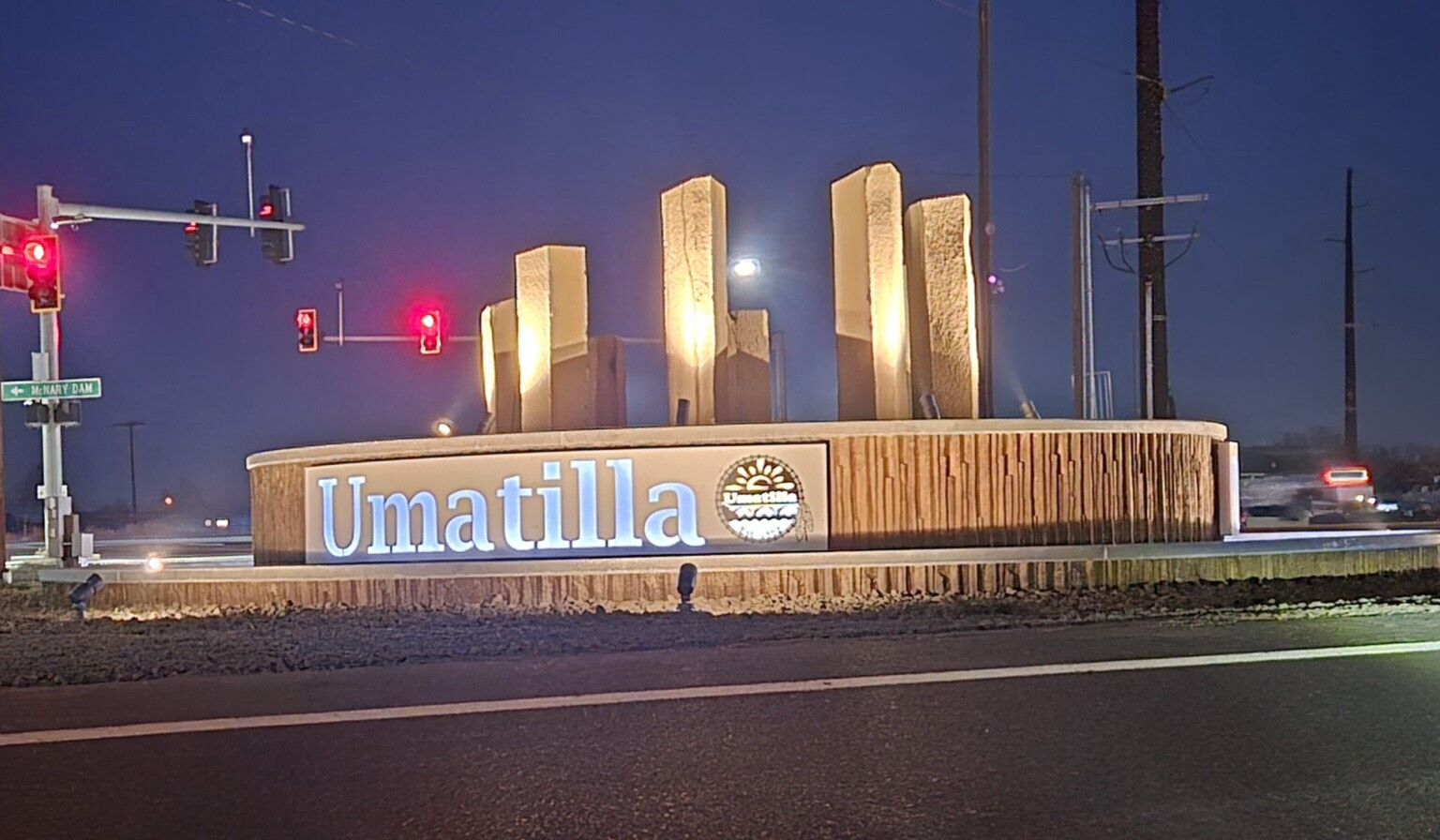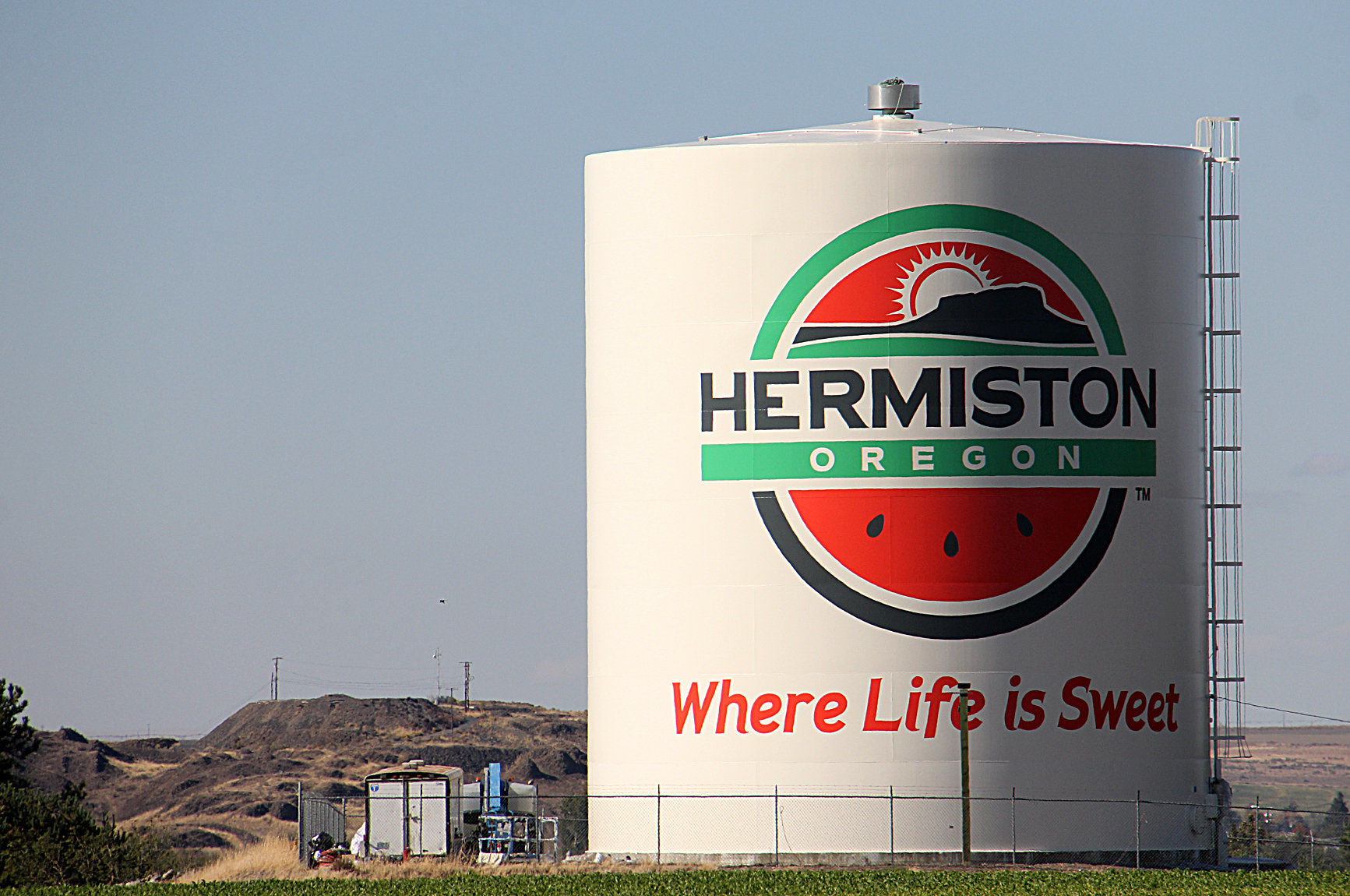City concludes shelter investigation
Published 4:28 pm Thursday, February 5, 2015
Hermiston officials will present their findings from an investigation into complaints against the Humane Society of Eastern Oregon Pet Rescue animal shelter at the City Council meeting Monday.
According to a report from City Manager Byron Smith included with the agenda, city officials met with people who complained about Pet Rescue at a January council meeting, researched their concerns and toured the shelter during an unannounced visit.
Smith’s report states the primary complaint was Pet Rescue’s euthanasia rate, as well as a concern the shelter had an incentive to euthanize dogs because it received compensation for the cadavers.
Smith said, however, he contacted a Washington State University College of Veterinary Medicine representative, who said Pet Rescue does provide cadavers, but receives no compensation.
Smith also confirmed Pet Rescue is once again transferring dogs to other facilities to improve adoption chances through the Oregon Humane Society Second Chance Program beginning this month, which will reduce the shelter’s euthanasia rate.
Transferring dogs to other shelters was one of the suggestions offered by Suzanne Phillips, who spoke at the council meeting and later met with city officials to voice her concerns about the shelter’s euthanasia rate. Phillips said the Pioneer Humane Society Pendleton Animal Welfare Shelter operates with a very low euthanasia rate and that Pet Rescue could reduce its rate.
Although Hermiston’s Pet Rescue and Pendleton’s PAWS shelters both have contracts with their respective cities to take possession of stray dogs and place them for adoption, a direct comparison in the euthanasia rates cannot be made because PAWS does not accept aggressive dogs. Additionally, although PAWS accepts all but aggressive dogs from the city of Pendleton, when the shelter is full, some owners may also have to wait before the shelter can accept a surrendered animal. Whereas PAWS is a no-kill shelter, Pet Rescue is an open-door shelter that accepts all dogs, but the euthanasia rate in Hermiston has been much higher than in Pendleton.
Pet Rescue Executive Director Beau Putnam said Pet Rescue received 724 total dogs last year. He said 61 percent were either redeemed by their owners or adopted, leaving a 39 percent euthanasia rate. Now that the shelter will be transferring dogs to the Second Chance Program when the shelter is full, the euthanasia rate should be drastically reduced, but Putnam said Pet Rescue accepts all dogs, and aggressive animals will still be euthanized. Putnam said he did not have the numbers of euthanized animals that were either unhealthy or aggressive.
In comparison, according to information from PAWS Board of Directors President Amy Baker, Pendleton’s shelter received 466 dogs last year and only euthanized three: a 0.6 percent euthanasia rate. Although PAWS does not accept aggressive dogs from the Pendleton Police Department, Lt. Bill Caldera said, in 2014, only three dogs were determined to be aggressive, which had to be euthanized elsewhere. Adding those dogs to PAWS’ numbers generates a 1.27 percent total Pendleton euthanasia rate, but this does not include any aggressive dogs owners tried or wanted to surrender in Pendleton.
Baker said, in 2014, PAWS adopted out 259 dogs, returned 51 to their owners and transferred 132 to other no-kill shelters, primarily the Oregon Humane Society.
Baker said PAWS will only euthanize aggressive or unhealthy dogs, following a veterinarian’s recommendation. When the PAWS shelter is full, Baker said staff members will still help owners try to find homes for their pets using social media and PetFinder.com. She said, if necessary, the animals are then put on a waiting list to bring into the shelter until space becomes available.
Baker said the city of Pendleton currently pays $1,300 per month to PAWS to take possession of all but aggressive dogs after a five-day holding period at a police department facility. She said PAWS received 78 dogs from the city in 2014.
Assistant City Manager Mark Morgan said the city of Hermiston pays $2,750 per month to Pet Rescue, but the contract also includes help apprehending the animals, if requested by the police department, and feeding and lodging the dogs for a required five-day period to allow owners to claim them before they are placed for adoption. He said Pet Rescue also refunded $3,415 to the city for impound and licensing fees collected for a total cost of $29,585 in 2014.
According to Hermiston animal control statistics provided by the city, Pet Rescue processed 204 dogs from the city and euthanized 41 in 2014 and processed 285 dogs and euthanized 87 in 2013.
In the report he will present Monday, Smith offers three areas he would encourage Pet Rescue to address: utilizing programs to increase animal adoption, such as the Second Chance Program; using volunteers and donations as much as possible to care for the animals and better tracking of volunteer hours; and increasing the level of online advertising of the animals for adoption.
He noted Pet Rescue is meeting the requirements of the city’s contract and does not recommend the council take any further action.
Smith said, if the council believes changes are necessary, the contract could be put to bid again, but doing so could cause the price to increase.





